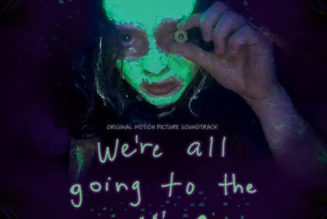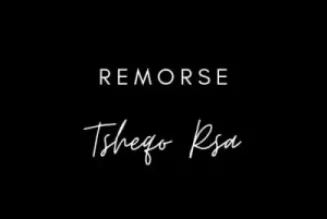
Rhiannon Giddens. PHOTO: EBRU YILDIZ
Rhiannon Giddens often describes herself as a “mission-driven artist.” Her infectious, deeply researched musical explorations elevate overlooked or erased voices in American musical traditions, and advance a fuller, richer story of the country and its people.
A spellbinding singer and a virtuoso fiddler and banjoist, Giddens trained as an opera singer at Oberlin Conservatory but found her mission back on home turf in the South, where she cofounded the Carolina Chocolate Drops. The old-time blues band mines the African American origins of country music. Its irresistible reinventions include the Grammy-winning 2010 album, “Genuine Negro Jig.”
Recipient of a MacArthur “genius grant,” two Grammys and eight nominations, Giddens won the 2023 Pulitzer Prize in music with film composer Michael Abels (“Get Out,” “Nope”) for her first opera, “Omar,” about a Muslim scholar abducted from Africa and sold into slavery in Charleston, South Carolina. In May, the Boston Lyric Opera, a co-commissioner of “Omar,” presented its New England premier.
Now, with a new album, “You’re the One,” released by Nonesuch in August, Giddens is launching a 50-show, eight-month tour. Among its first stops, on September 22, is the House of Blues in Boston, presented by Global Arts Live and Crossroads Presents. Performing with Giddens will be Dirk Powell on keyboard, acoustic guitar, Cajun accordion and vocals; Francesco Turrisi on keyboard, organ, piano and accordion; Niwel Tsumbu on acoustic and electric guitars and vocals; Jason Sypher on upright and electric bass; and drummer Attis Clopton. Opening the show will be Nashville-based Adia Victoria, who describes her music as “gothic blues.”
Unlike most of her projects, for this album Giddens, 46, researched no further than a cache of songs she had written over the past 14 years. And its era in the African musical diaspora goes no further back than the mid-50s emergence of R&B and soul.
“I wanted to do something different,” says Giddens, on the phone in Ireland, where she lives with her partner, Francesco Turrisi, and their two children. “‘Omar’ took a great weight of caring. It was time to sing love songs and be sassy. I had these songs, and I wanted to experiment and play in other people’s sandboxes. Exploring all kinds of singing and developing different voices inspires me.”
In 2015, working with producer T Bone Burnett, Giddens devoted her first studio album, the Grammy nominated “Tomorrow Is My Turn,” to songs associated with singers she admires, including Odetta, Patsy Cline and Elizabeth Cotton.
Giddens recorded “You’re the One,” her first studio album comprising solely her own songs, with long-time musical collaborators as well as producer Jack Splash’s coterie of R&B aces. Many of its 12 tracks mingle threads of earlier traditions — spirituals, string-band airs, minstrel tunes and jigs — with a danceable soul music groove.
The title song is a soaring, gospel-inflected ode to a child whose birth awakens deep love.
An assertive spirit prevails throughout, whether Giddens sings about working in a man’s world, in “Hen in the Foxhouse,” or delivers smoking blues in which a fed-up lover leaves a loser behind. In “Another Wasted Life,” Giddens sings of Kalief Browder, a youth who took his own life after three years, most in solitary confinement, jailed at Rikers Island. And in “Yet to Be,” joined by four-Grammy winner Jason Isbell, Giddens tells a love story of a Black woman moving north in the Great Migration and an Irish immigrant arriving on a steamer from Liverpool. “I conflate and connect the two stories,” says Giddens, the daughter of biracial parents.
Driving the entire album is Giddens’s supple, commanding voice and the visceral momentum of her banjo.










